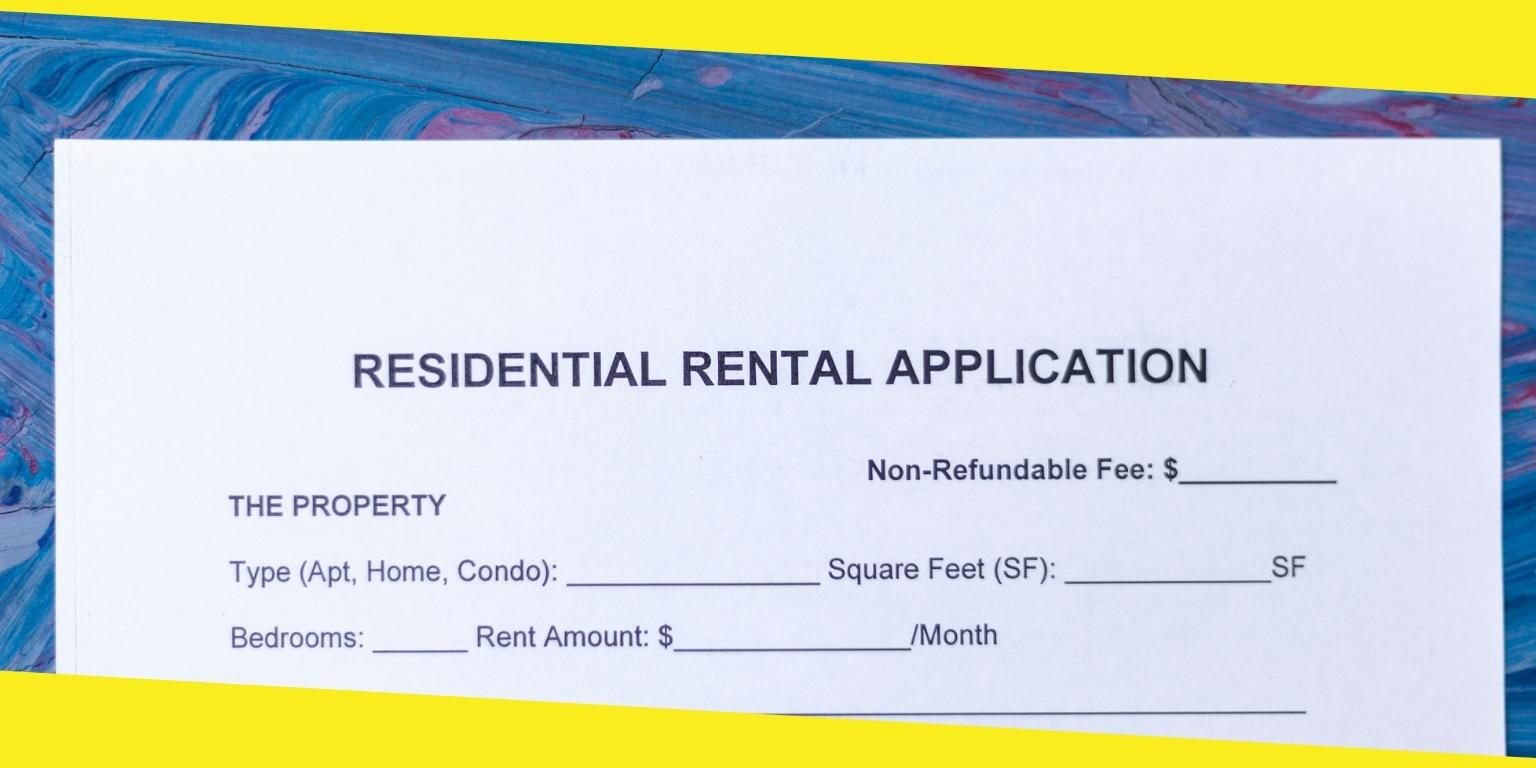4 Things Renters Should Know Before Filling Out A Residential Rental Application

If you want to have your own space but you don’t have enough money to buy a house yet, renting is your next best option.
Renting a house or apartment will help build your credit score and teach you the responsibilities involved in managing a monthly mortgage.
We understand that renting can be daunting; especially for the first time, so we curated a list of the top things renters should know before filling out a rental application.
1. You Must Purchase Renter’s Insurance
The United States Department of Housing and Urban Development discusses knowledge and tips that renters should know before filling out a rental application.
One of these knowledge bits is that you should enlist for renter’s insurance. Your potential landlord or apartment complex’s insurance policy will not be able to cover the loss of your belongings in the event of a fire or other natural disaster that leaves behind many damages.
HUD says that it may cost about $350 annually to purchase $50,000 in renter’s insurance coverage. The policy will usually cover if anyone steals items of value from your home or if a natural disaster does extensive damage to your rented home or apartment.
2. Understand the Lease Fully
You can’t just sign your name and expect all to be well when you rent a property.
What if you accidentally break one of the rules in the lease because you did not know it was disclosed on it?
Be sure that you know all the rules and regulations of renting your property such as:
- If you are allowed to have pets or not. If so, ask what kind is allowed.
- Noise guidelines include quiet hours (if you are at an apartment complex).
- Whether you can update the rented home or apartment with different designs such as paint the walls, lay down a different colored rug, etcetera.
- If you are allowed to run an at-home business from your rented location.
3. Have a Good Credit Score
Some landlords or apartment complex mandates will require that you have a commendable credit score to rent from them.
You can request a free credit report that you can download and print to show your potential landlord or apartment manager.
Even if your credit score is not in the best condition, you can raise your score by:
- Keeping credit inquiries at a minimum means not constantly applying for new credit cards.
- Paying down your current credit cards to 30% or less overall credit usage.
- Pay your debts such as loans and credit cards on time.
- If you put a purchase on a credit card or take out a loan, pay it off as soon as possible: the faster, the better.
4. Keep Money Aside For Fees and Deposits
Even before you pay your first month’s rent, there will be fees and deposits to pay during the application process.
Application fees can be $50 or more depending on the landlord or apartment complex.
You will need a security deposit which is a whole month’s rent that will be paid out to the landlord or apartment complex if you do not have enough money for rent for one month.
If you have a pet, you will have to pay a non-refundable pet deposit on top of the monthly pet rent included with your monthly rent cost.
Don’t forget prorated rent if you are moving in the middle of a month. In some cases, you may have to pay the last month’s rent in advance as well.
Final Thoughts On the Application Process for Renters
Get ready for renting by increasing your credit score and saving money for the fees, renter’s insurance, and deposits. You can find a rental application sample over on Law District.
Read your lease in its entirety before signing your name so you completely understand all its parameters.
Author Bio
Susan Noel is an experienced content writer. She is associated with many renowned business and law blogs as a guest author where she shares her valuable articles with the audience.
Recommended For You
Make The Right Savings Estimate For Your Budget
Most Inside
Most Inside offers high-quality recommendations and valuable updates to enhance all aspects of your life, providing premium guidance and enriching experiences.




